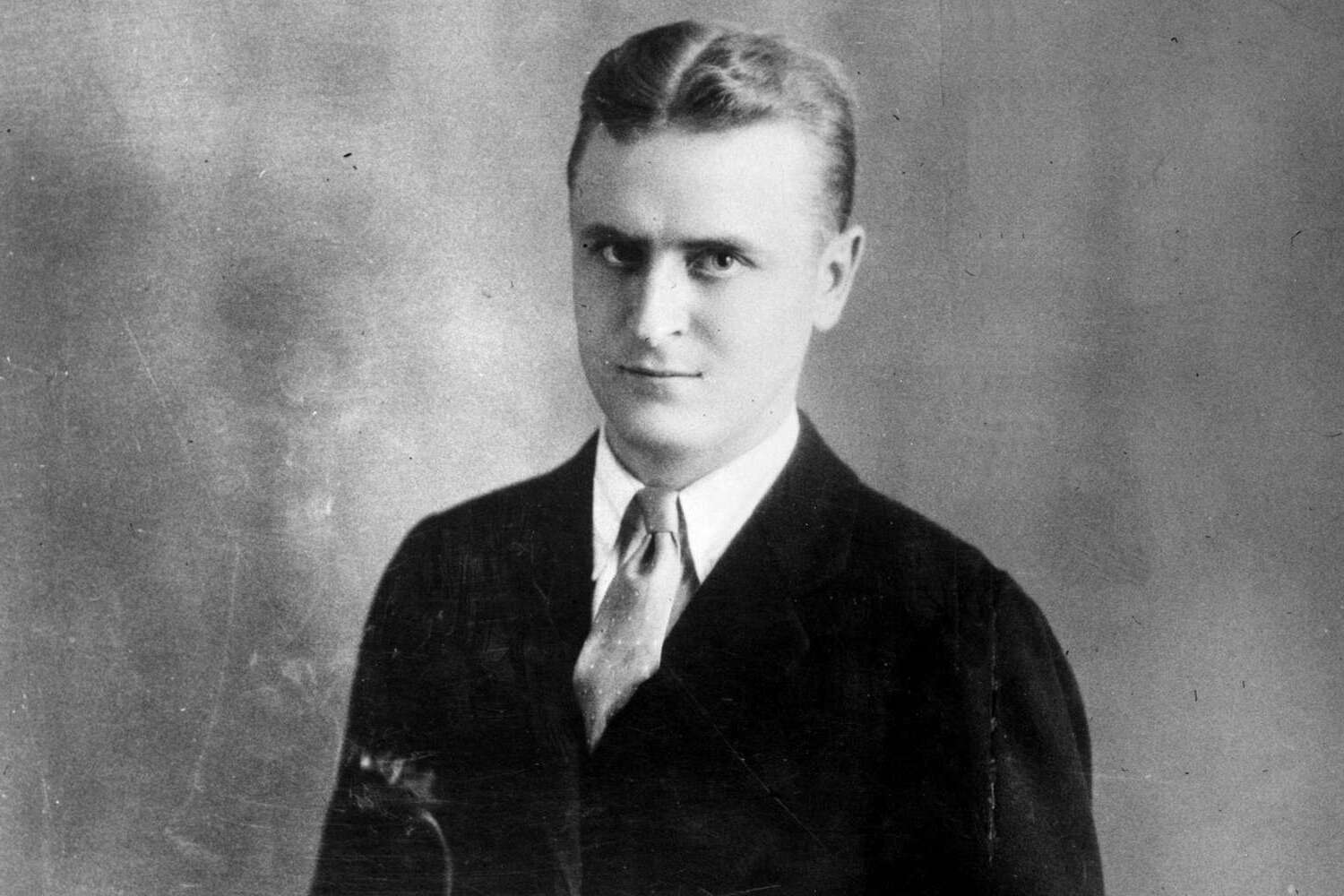
Ever wondered about the man behind the masterpiece The Great Gatsby? F. Scott Fitzgerald, an iconic figure of the Jazz Age, has fascinated readers and historians alike with his tumultuous life and brilliant literary career. But how much do you really know about him? From his early days to his final years, Fitzgerald's life was as colorful and complex as the characters in his novels. In this blog post, we're diving into 17 astonishing facts about F. Scott Fitzgerald that will give you a glimpse into the life of this literary giant. Whether you're a die-hard fan or just curious, these insights are sure to pique your interest and maybe even surprise you. Ready to get started? Let's uncover the layers of Fitzgerald's life, one fact at a time.
Key Takeaways:
- F. Scott Fitzgerald's early struggles and personal challenges shaped his iconic literary career, showcasing the complexities of the American Dream and Jazz Age society.
- Despite facing personal and financial hardships, F. Scott Fitzgerald's work continues to inspire and captivate readers, solidifying his legacy as a key figure in American literature.
Early Life of F. Scott Fitzgerald
F. Scott Fitzgerald, born on September 24, 1896, in Saint Paul, Minnesota, quickly became one of the most celebrated authors in American literature. His early life set the stage for a tumultuous career filled with both dazzling success and profound struggle.
-
Fitzgerald was named after his famous second cousin, three times removed, Francis Scott Key, the author of the United States' national anthem. This connection to American history hinted at Fitzgerald's future impact on American culture.
-
Despite his later associations with the Jazz Age's glamour, Fitzgerald's family faced financial difficulties. His father lost his job when Fitzgerald was 12, deeply affecting the family's social standing and financial stability.
Fitzgerald's Education and Early Career
Education played a crucial role in shaping Fitzgerald's literary career. His experiences at prestigious schools and universities exposed him to the wealth and class disparities that would later feature prominently in his work.
-
Fitzgerald attended the Newman School, a prestigious Catholic prep school in New Jersey, where he first began writing. Here, he published his first piece of fiction in the school's magazine.
-
Later, he went to Princeton University but never graduated. Fitzgerald dropped out to join the army during World War I, a decision that profoundly influenced his life and work.
-
While stationed in Alabama, Fitzgerald met Zelda Sayre, who would become his wife and a significant influence on his writing. Their tumultuous relationship fueled much of his literary output.
The Great Gatsby and Fitzgerald's Literary Success
"The Great Gatsby," perhaps Fitzgerald's most famous work, encapsulates the essence of the Jazz Age and the American Dream's complexities.
-
Published in 1925, "The Great Gatsby" received mixed reviews and was not initially a commercial success. However, it has since become regarded as a masterpiece of American literature.
-
Fitzgerald's portrayal of the Jazz Age, a term he is credited with popularizing, was not merely observational. He and Zelda lived the extravagant lifestyle he described, making them celebrities of their time.
Personal Struggles and Later Years
Despite his early success, Fitzgerald faced numerous personal challenges, including financial difficulties and Zelda's mental health issues.
-
Zelda was diagnosed with schizophrenia in 1930, and her illness took a toll on both her health and the Fitzgeralds' marriage. Fitzgerald struggled with alcoholism, which exacerbated his financial and personal difficulties.
-
In an attempt to revive his career and finances, Fitzgerald moved to Hollywood in the late 1930s to work as a screenwriter. However, this period was marked by professional frustrations and continued financial instability.
-
Fitzgerald died of a heart attack on December 21, 1940, at the age of 44, believing himself to be a failure and his work forgotten. His passing marked a tragic end to a life that had once been filled with so much promise.
Fitzgerald's Legacy
Fitzgerald's work gained new appreciation in the decades following his death, cementing his place as a key figure in American literature.
-
During World War II, "The Great Gatsby" and other Fitzgerald novels were distributed to American soldiers, significantly boosting his posthumous popularity.
-
Today, Fitzgerald is celebrated for his acute observations of the American society of his time, his lyrical prose, and his insightful critiques of the American Dream.
-
His novels and short stories continue to be studied and admired for their complex characters, intricate plots, and the beauty of Fitzgerald's writing.
-
The Fitzgeralds' tumultuous love story has inspired numerous works of fiction, biographies, and films, reflecting the enduring fascination with their lives.
-
In recognition of his literary contributions, Fitzgerald has been inducted into the American Writers Museum, ensuring that his legacy will continue to inspire future generations.
-
The annual F. Scott Fitzgerald Literary Festival, held in Rockville, Maryland, celebrates his work and encourages aspiring writers through workshops and awards.
-
Fitzgerald's manuscripts, personal letters, and first editions are highly sought after by collectors and scholars, further testament to his lasting impact on American literature and culture.
A Final Nod to Fitzgerald's Legacy
F. Scott Fitzgerald's life and works continue to captivate readers and scholars alike, offering a window into the Jazz Age's opulence and despair. His masterful storytelling, woven with themes of love, ambition, and societal critique, remains relevant, echoing the complexities of the human experience. Fitzgerald's legacy, marked by his brilliant narratives and tragic personal life, serves as a reminder of the enduring power of literature to reflect and shape our understanding of the world. As we revisit his stories, we're not just exploring history but also uncovering timeless truths about ambition, love, and the pursuit of happiness. Fitzgerald's work encourages us to dream, to strive, and perhaps most importantly, to reflect on our place within the ever-changing tapestry of society.
Frequently Asked Questions
Was this page helpful?
Our commitment to delivering trustworthy and engaging content is at the heart of what we do. Each fact on our site is contributed by real users like you, bringing a wealth of diverse insights and information. To ensure the highest standards of accuracy and reliability, our dedicated editors meticulously review each submission. This process guarantees that the facts we share are not only fascinating but also credible. Trust in our commitment to quality and authenticity as you explore and learn with us.


